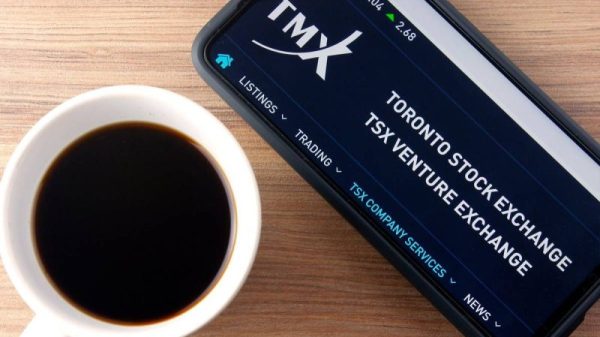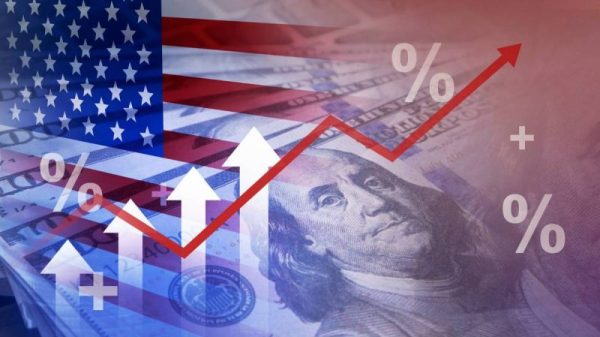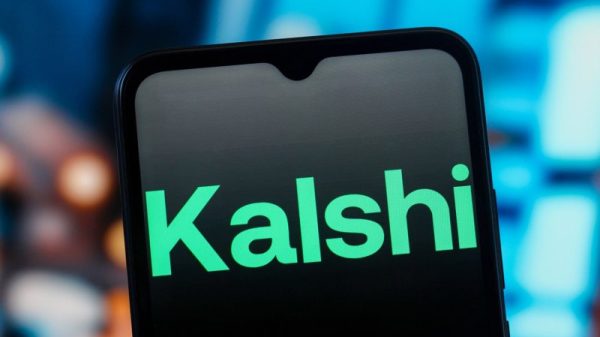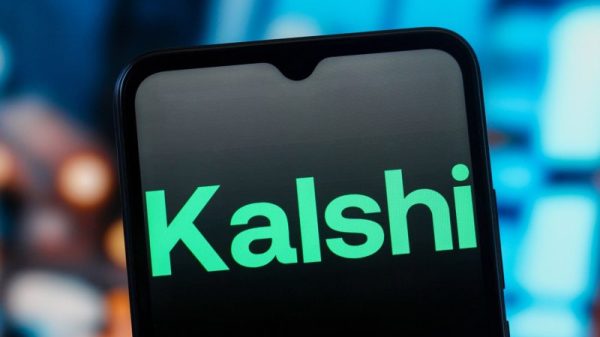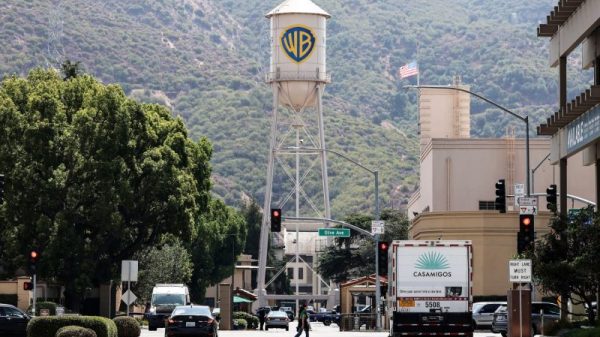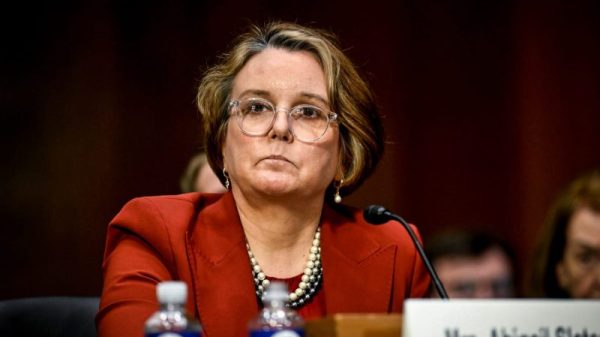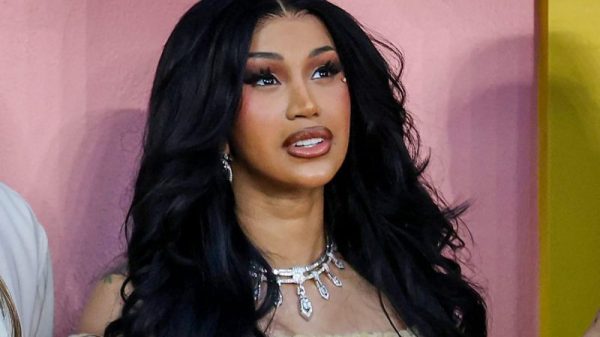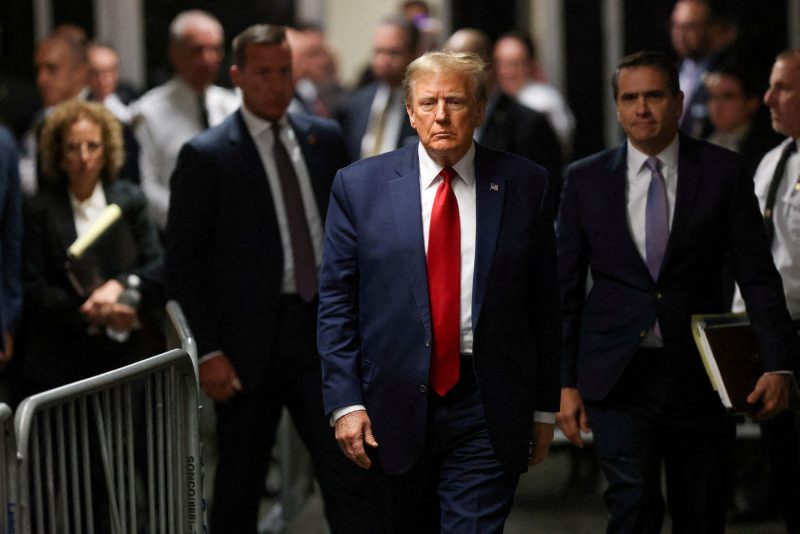NEW YORK — An appeals court judge on Tuesday rejected Donald Trump’s latest bid to delay the start next week of his New York criminal trial for allegedly falsifying business documents to help cover up an affair before the 2016 election.
Appellate Judge Cynthia Kern denied Trump’s request to delay the trial, which is scheduled to begin Monday, and a gag order against him imposed by New York Supreme Court Justice Juan Merchan remained in effect.
It was the second time in as many days that the appellate court rejected a Trump request to delay the trial.
Trump, the first ex-president to face criminal prosecution, has been indicted in three other jurisdictions with charges pending in each. He has pleaded not guilty to all 88 counts he faces.
Steven Wu, an attorney from the Manhattan district attorney’s office, argued in court Tuesday that there was no basis to delay the trial for reasons related to the gag order. Trump’s public criticism of court personnel and others has generated threats and harassment from his followers, making the gag order necessary, Wu said.
“This is a pattern of misconduct that causes predictable, terrifying consequences that the order here is intended to correct,” Wu said.
Trump’s lawyers say the limited gag order is impeding his right to publicly defend himself.
Trump attorney Emil Bove told Kern that Trump should have the right to talk about two key witnesses in the case — his former lawyer Michael Cohen and adult-film actress Stormy Daniels — because they regularly make public claims about the merits of the matter on social media and in public appearances.
Bove said there is no safety concern because the Manhattan district attorney’s office is “not alleging that any of President Trump’s statements rise to the level of incitement.”
Trump is expected to have his opposition to the gag order considered by a full appeals panel, though it is not expected to happen before the New York trial starts.
On Monday, Trump filed a civil claim in appellate court that named Merchan as a defendant for his recent issuance of a gag order ahead of the trial.
A New York appeals court judge on Monday rejected Trump’s attempt to delay the trial while Trump pursued an appeal to determine whether a change of venue is necessary outside Manhattan, a largely liberal part of the state.
Trump faces 34 counts of falsifying business records in connection to a $130,000 payment to Daniels made shortly before the 2016 election. Prosecutors have said the payment was intended to keep her quiet about a sexual encounter she says she had with Trump years earlier.
Trump’s reimbursements to Cohen, who made the payment to Daniels, were illegally documented as legal fees despite being carried out to support Trump’s campaign, according to prosecutors. Trump has pleaded not guilty.
Cohen pleaded guilty in federal court to campaign finance violations in 2018. That plea was related to the Daniels payment, which was allegedly done at Trump’s direction. Trump was never charged by federal prosecutors. and Cohen went to prison for crimes including campaign finance law violations.
Manhattan District Attorney Alvin Bragg’s office has said Trump deliberately covered up his reimbursements to Cohen to avoid reporting the Daniels payment in required campaign finance disclosures.
Trump, who is expected to be the Republican presidential nominee in this year’s election, has repeatedly made negative comments about Merchan’s adult daughter, who is professionally connected to Democratic campaigns. Merchan imposed a limited gag order on March 26 prohibiting Trump from publicly discussing various players in the case including court staff, witnesses and some prosecutors or their families.
While the initial order didn’t prohibit comments about Bragg, Merchan or their families, it was later expanded to include protections for relatives of the district attorney and the judge.
Merchan wrote in that order that Trump had a “pattern of attacking family members of presiding jurists and attorneys assigned to his cases,” and those attacks aren’t part of a legitimate effort to defend himself in public.
In addition to New York, Trump faces charges in the following cases: In D.C., Trump faces charges that he tried to obstruct the election before the Jan. 6, 2021, insurrection. In Georgia he is indicted in a state-level case for trying to undo the results of the 2020 election. He also has a federal case in Florida for alleged violations of the Espionage Act by illegally retaining classified government documents after leaving office. He faces additional counts there on obstructing government efforts to retrieve them.







